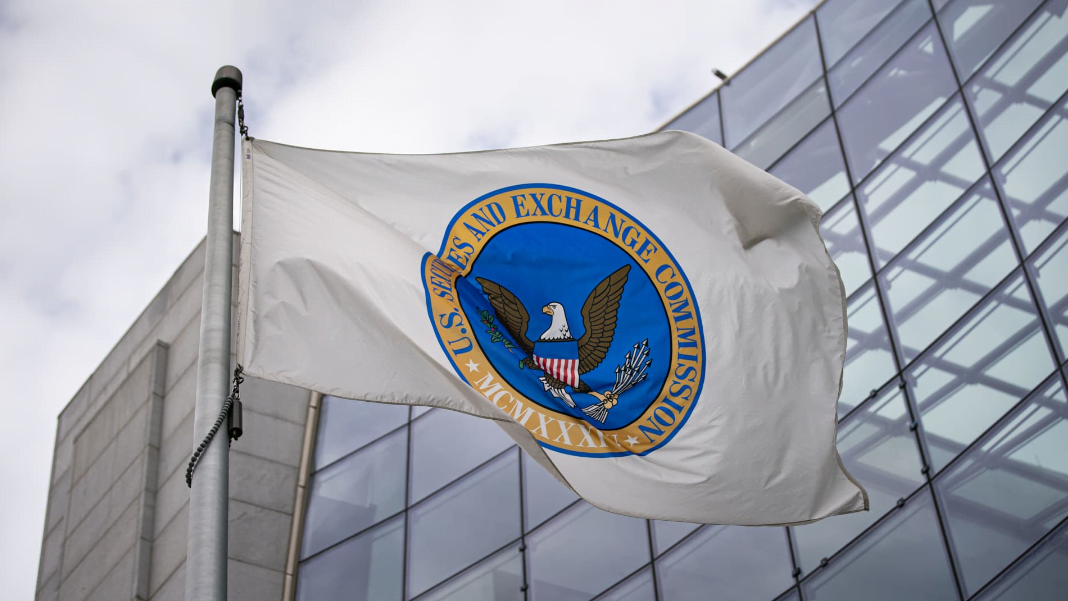Linus Financial headquartered in Nashville is a cryptocurrency services enterprise. They have reached an accord with the U.S. securities regulator. This is regarding allegations of failing to officially register its retail cryptocurrency lending offering.
Meanwhile, the Securities and Exchange Commission (SEC) unveiled this resolution. It centered on Linus’s cryptocurrency lending initiative known as “Linus Interest Accounts,” and this announcement was made on Thursday.
Furthermore, the SEC disclosed its decision not to levy civil penalties. This was due to the firm’s cooperation and swift remedial measures.
SEC Order on Linus Financial Interest Accounts

According to an SEC decree, Linus Financial introduced its interest-bearing accounts in March 2020. This allowed U.S. investors to submit fiat currency. In return, Linus Financial committed to providing interest payments.
The order establishes that the Linus Interest Accounts were marketed and sold as securities and that the marketing and sales were not eligible for an exemption from SEC registration.
Consequently, Linus Financial was mandated to register its promotions and sales of the Linus Interest Accounts, as asserted by the SEC in its statement on Thursday.
Additionally, elevated Scrutiny Stacy Bogert, associate director of the SEC’s enforcement division, conveyed in the statement that, while the SEC will persist in holding companies accountable, “we also wish to urge companies to cooperate and promptly rectify issues when they arise.”
“Today’s resolution sends a valuable signal to other market participants regarding the significance of cooperation and amelioration,” Bogert added.
Moreover, on Thursday, the Commodity Futures Trading Commission issued a stern admonition to operators of decentralized financial protocols, declaring that it had instituted and resolved allegations against the Opyn, ZeroEx, and Deridex platforms.
Read More:
Taiwan Takes Firm Action Against Unregistered Foreign Cryptocurrency Exchanges
Shiba Inu (SHIB) Witnesses Exponential Increase in Token Burn Rate

